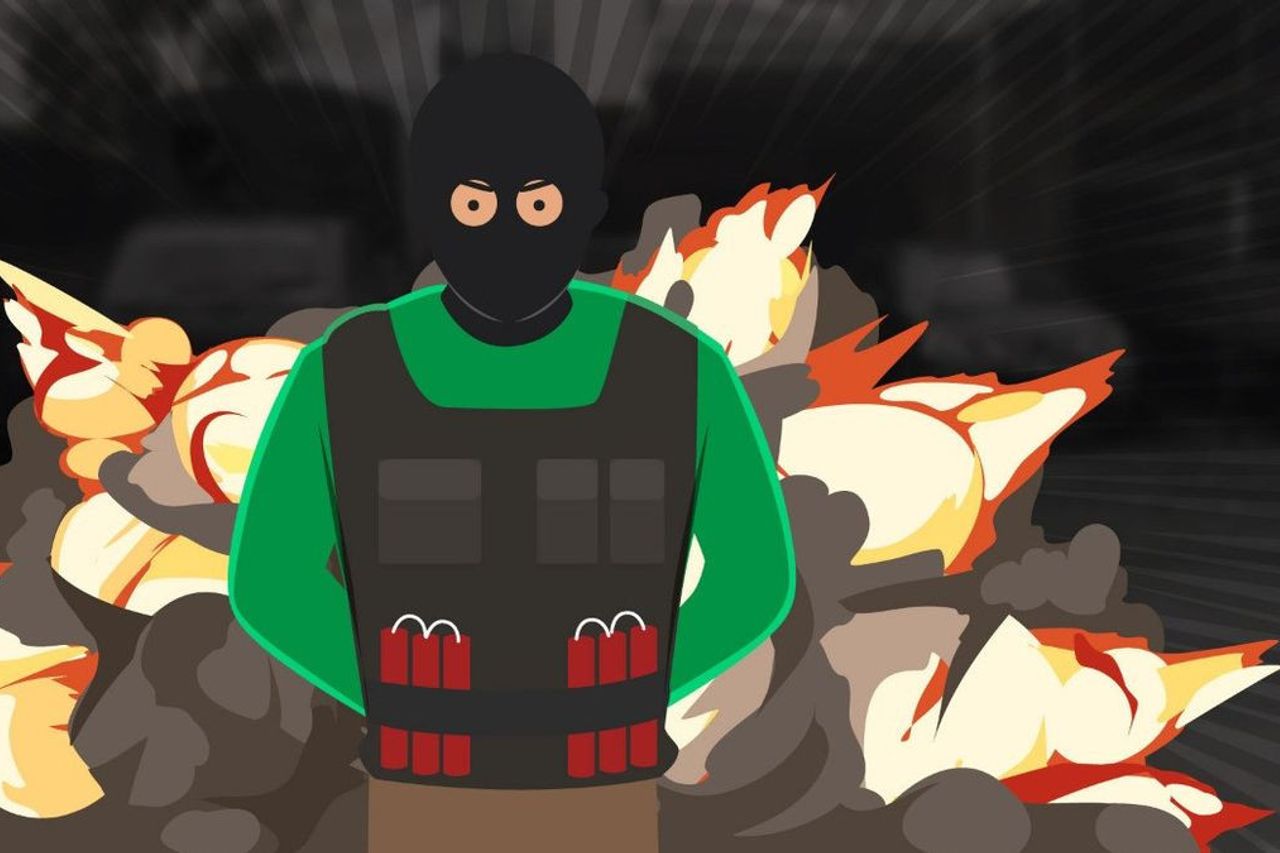How Globalization Changes Patterns Of Terrorism

JAKARTA - Deputy Chairman of Commission III Adies Kadir has criticized the Head of the National Counterterrorism Agency (BNPT), Komjen Pol, Suhardi Alius, regarding the problem of preventing acts of terror. Adies questioned why BNPT was always waiting for victims to catch terrorism networks.
"Then it was conveyed by the head of the BNPT that the sound (detected) was then chased. This is a question sir. Why do you chase first? Wait for the victim first? Why wait for a victim to be chased first ?," he asked in a hearing at the Commission. III, DPR Building, Parliament Complex, Senayan, Jakarta, Thursday, 20 November.
"In fact, after the incident, we immediately knew that there was a network. What and where. You already know this stuff, why didn't it be prevented first ?," continued Adies.
This Golkar Party politician revealed, so far, many questions from the public have been submitted to his commission. For ordinary people, said Adies, they felt that acts of terror occurred suddenly. So, his party considered it necessary to know how BNPT conducted early detection of the network or potential terror.
"Earlier we also conveyed that the category is in a downward trend. But in fact the network is getting more and more. The small ones are growing. We are worried that with this emerging trend the trend will increase," he said.
According to Adies, the potential for terror acts in Indonesia to increase is very high. Because, currently the trend is in a moderate position. "It means that this yellow light, Sir, if it is being. This is the attention of the committee (commission)," he said.
Answering Adies' question, Head of BNPT Suhardi Alius said that his party was not negligent in preventing acts of terror. His party has also made efforts to detect and anticipate the growth of terrorism networks. However, the mode is always changing.
"Currently, the shift pattern occurs due to globalization. So it is indeed a dynamic mode. It does not mean that it is not anticipated," said Suhardi.
Suhardi revealed that the current technological development has become a media for radical groups to communicate online. The communication that is carried out does not only affect their group, it even does not rule out the possibility that people outside the group are also exposed.
BNPT supervises radical terrorism groups through cyber patrols. In addition, he said, BNPT is working with the National Police, BIN, TNI, Kemenkum HAM, PPATK, Ministry of Social Affairs, Ministry of Communication and Information, Ministry of Home Affairs, and related stakeholders in order to take precautions.
"Please ask your permission, so there are a lot of cyber patrols for us. But they have also seen more, they did not hear (detected) the cyber patrol. Once they have gathered, they will do the action. If it sounds, we will definitely catch up," he explained.
"This is why incidents have sprung up. But after the incident was connected to it, Densus 88 was immediately captured. So we gave a finding there," he said.
